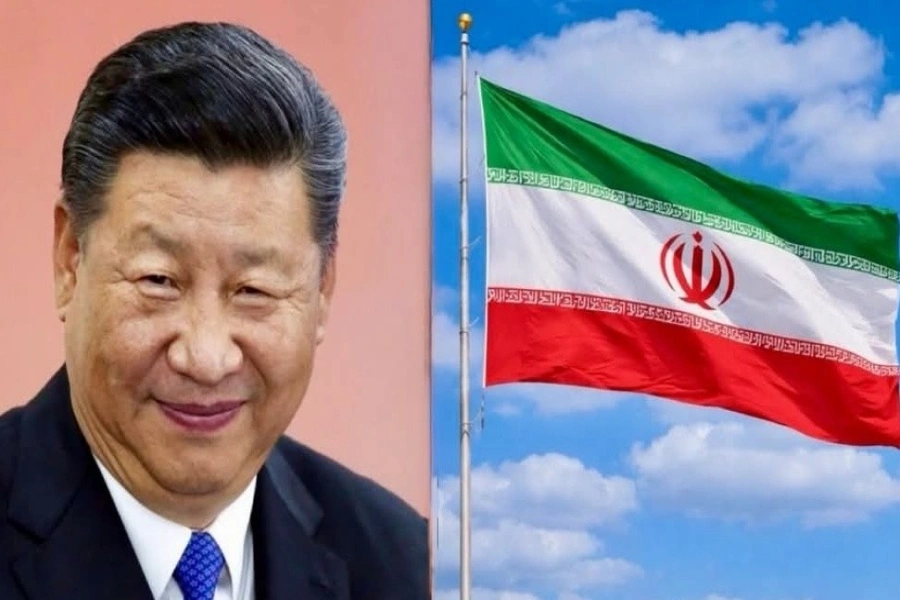Economic impact of COVID-19
The coronavirus pandemic is affecting economy of all the countries. Big economies like China and the US have suffered badly already. Nepal will be no exception. Thus the major focus of the country, apart from concentrating efforts on preparedness, prevention and cure (when the outbreak starts), should be on how to keep our economy from failing in these times of crisis. The government needs to take every possible measure to ensure that businesses do not suffer irreparable damage, people do not have to go hungry due to lack of basic supplies and the development works do not suffer a major setback. The time to focus on these aspects is now, for though we have been lucky enough so far we might not remain unaffected in the days to come.
World must prepare for more intense heatwaves: UN

It is good to know that the government has been closely watching the situation and is mulling a number of measures to keep economy from collapse. Speaking at a roundtable interaction organized by Republica on ‘impact of coronavirus on Nepal’s economy’ on Monday, Minister for Finance, Yuba Raj Khatiwada shared that government’s past experiences in addressing various types of economic shocks have made it capable of managing the economy in case it starts to weaken due to the impact of the coronavirus pandemic. He mentioned that the government is considering offering tax rebate and subsidy for businesses and industries that will be hit hard by coronavirus pandemic. Besides, he spoke about revising policies to provide subsidy on interest on the loans taken by the sectors hit by the pandemic. Besides, he also informed that the government has directed the Nepal Rastra Bank and the bankers to become flexible on borrowers impacted by the pandemic based on the recovery plan. Industrialists and business groups have raised the need for preparedness to deal with the worst-case scenario when the outbreak hits the Indian economy. Indeed, if India goes on total lockdown mode due to COVID-19 threat, it will result in a shortage of essential goods in Nepal. Already, there has been shortage of essential goods such as fuel and grocery in the market.
In the days to come the government might have to take a number of short-term as well as long-term measures such as providing relief, running fair price shops to ensure smooth supplies of essentials and announcing loan packages and subsidies to the needy people and organizations and so on. The government may even have to inject money from the state coffers like other countries are doing and increase spending. But are we prepared for these eventualities? What if India, where the corona fatalities have reached there as of this writing, goes on complete lockdown? Are we prepared for government-to-government arrangement to keep the import of goods from India as well as other countries smooth? In the roundtable interaction with this newspaper, the finance minister assured that Nepal will be able to handle the impending economic crisis. It has to be. But this can be done only when the government stands prepared for the worst case scenario.






































